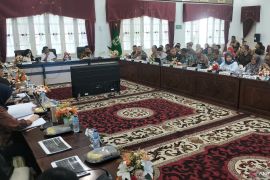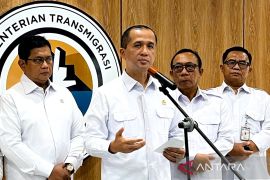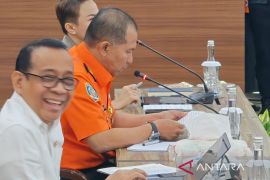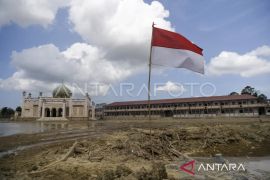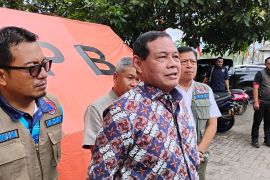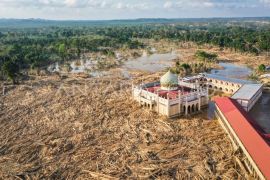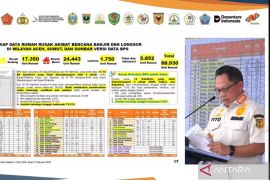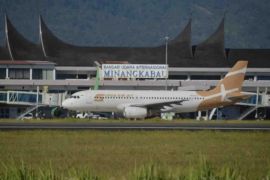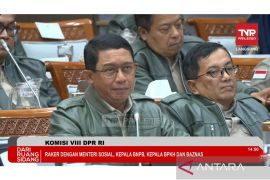“Relocation must be carried out as soon as possible so that residents can return to a normal and safe life,” he said, according to a ministry statement released here on Friday.
According to the minister, the sites for both independent and collective relocations must be located in geologically safe zones.
To accelerate recovery, the relocation process will prioritize moving families directly into permanent housing without making them go through temporary shelters, he added.
Land owned by state plantation firm PT Perkebunan Nusantara is one option for collective relocation, while individual relocation can be carried out based on residents’ readiness and the condition of their land.
“Relocation sites must be declared safe based on recommendations from the Center for Volcanology and Geological Hazard Mitigation (PVMBG),” Pratikno said.
He stressed that relocating homes and public facilities is a priority and an urgent need. The government will ensure that both self-relocation and collective relocation sites are geologically safe.
Meanwhile, head of the National Disaster Mitigation Agency (BNPB), Suharyanto, said that the government has agreed on two relocation options: self-relocation and collective relocation.
Based on their preference, residents can go for either option, provided the location they choose is geologically safe and clears a PVMBG assessment.
Deputy Minister of Social Affairs, Agus Jabo, confirmed that his ministry will provide stimulus assistance of Rp20 million, or around US$1,220, for severely damaged homes; Rp10 million for moderately damaged homes; and Rp1 million to 1.5 million for lightly damaged homes.
It will also disburse Rp4 million in assistance for household goods per family.
Related news: Indonesia eyes immediate action for Java's sinking coast
Related news: BNPB calls for professional, inclusive disaster management governance
Translator: Lintang, Kenzu
Editor: Aditya Eko Sigit Wicaksono
Copyright © ANTARA 2025

